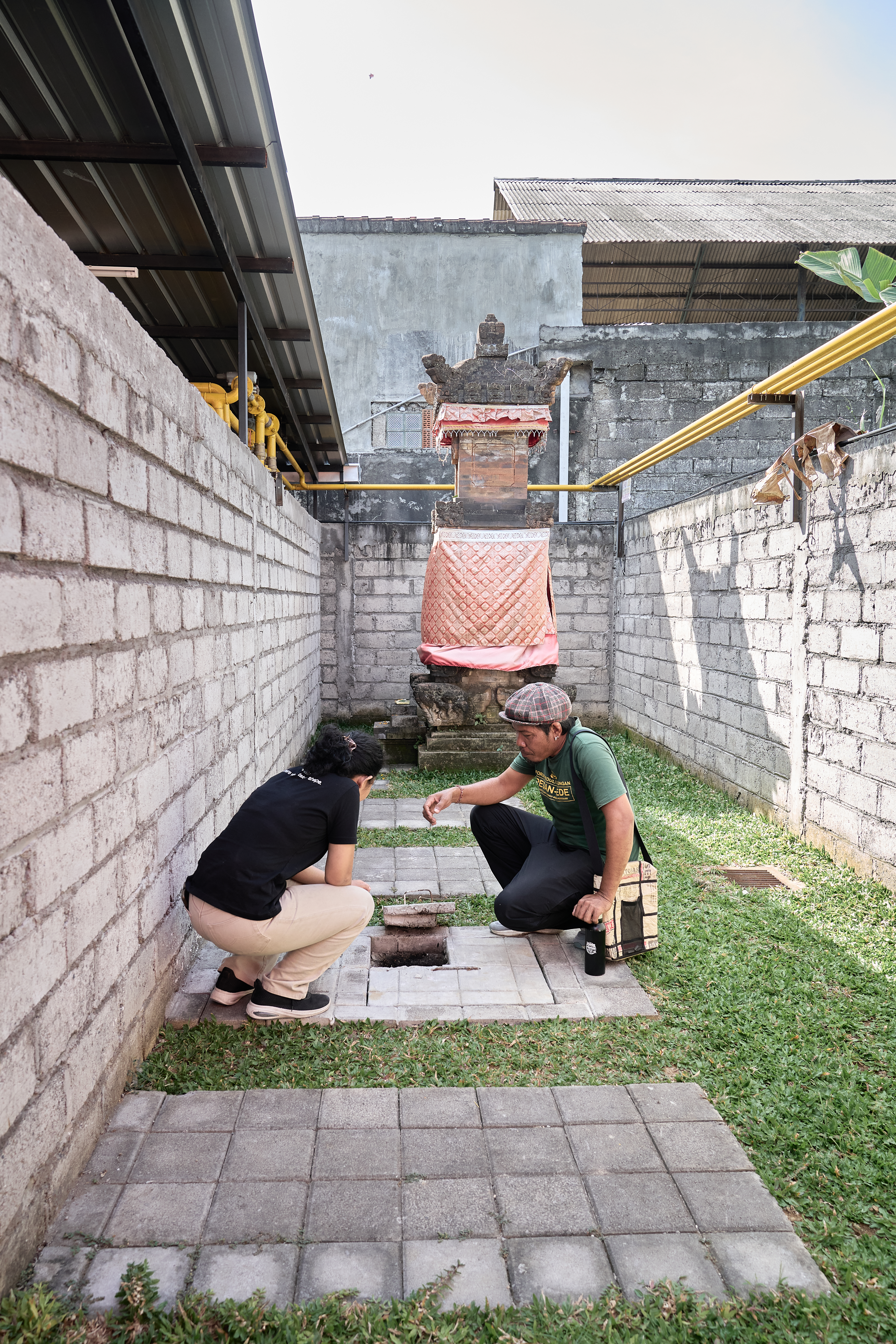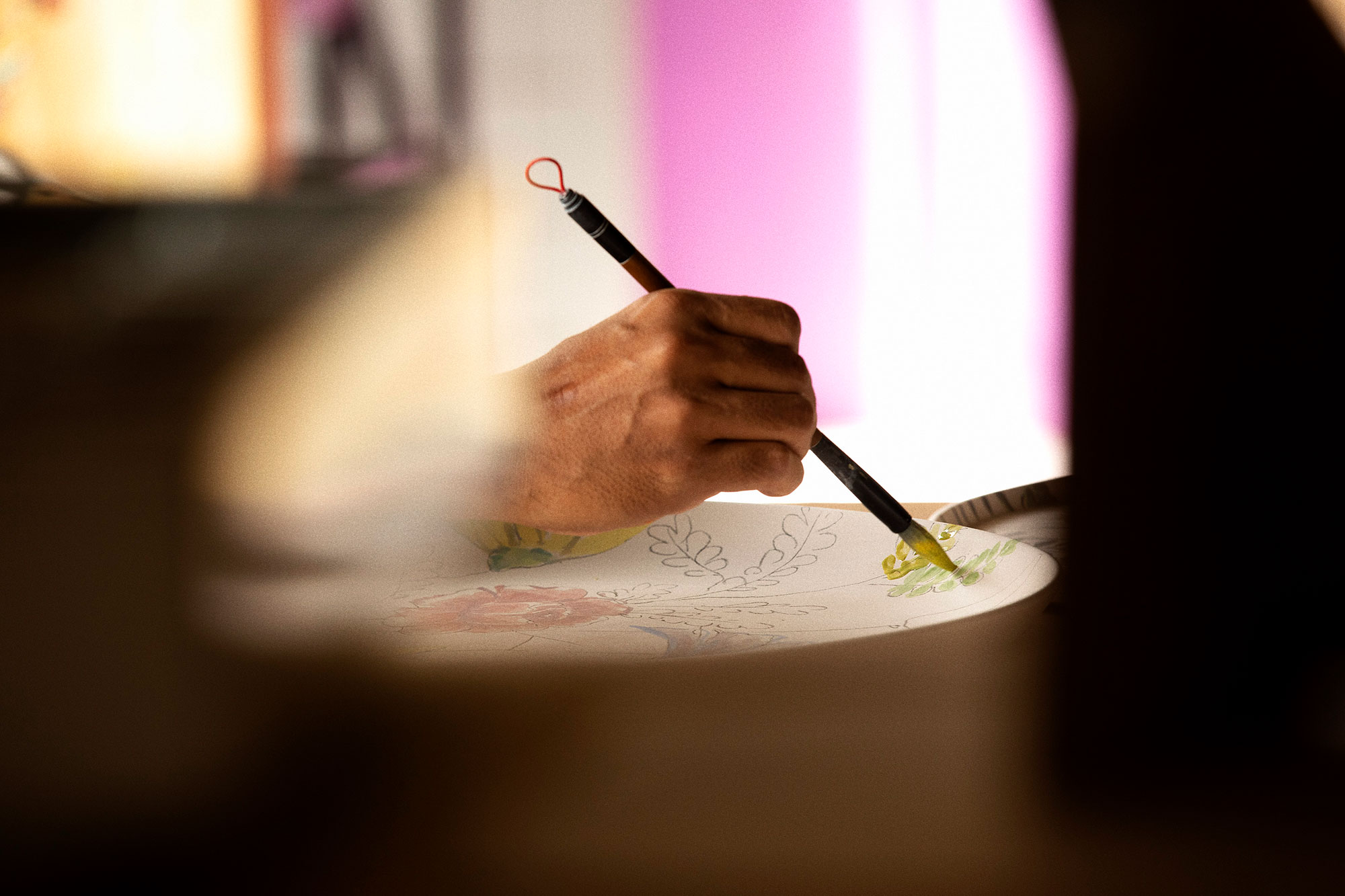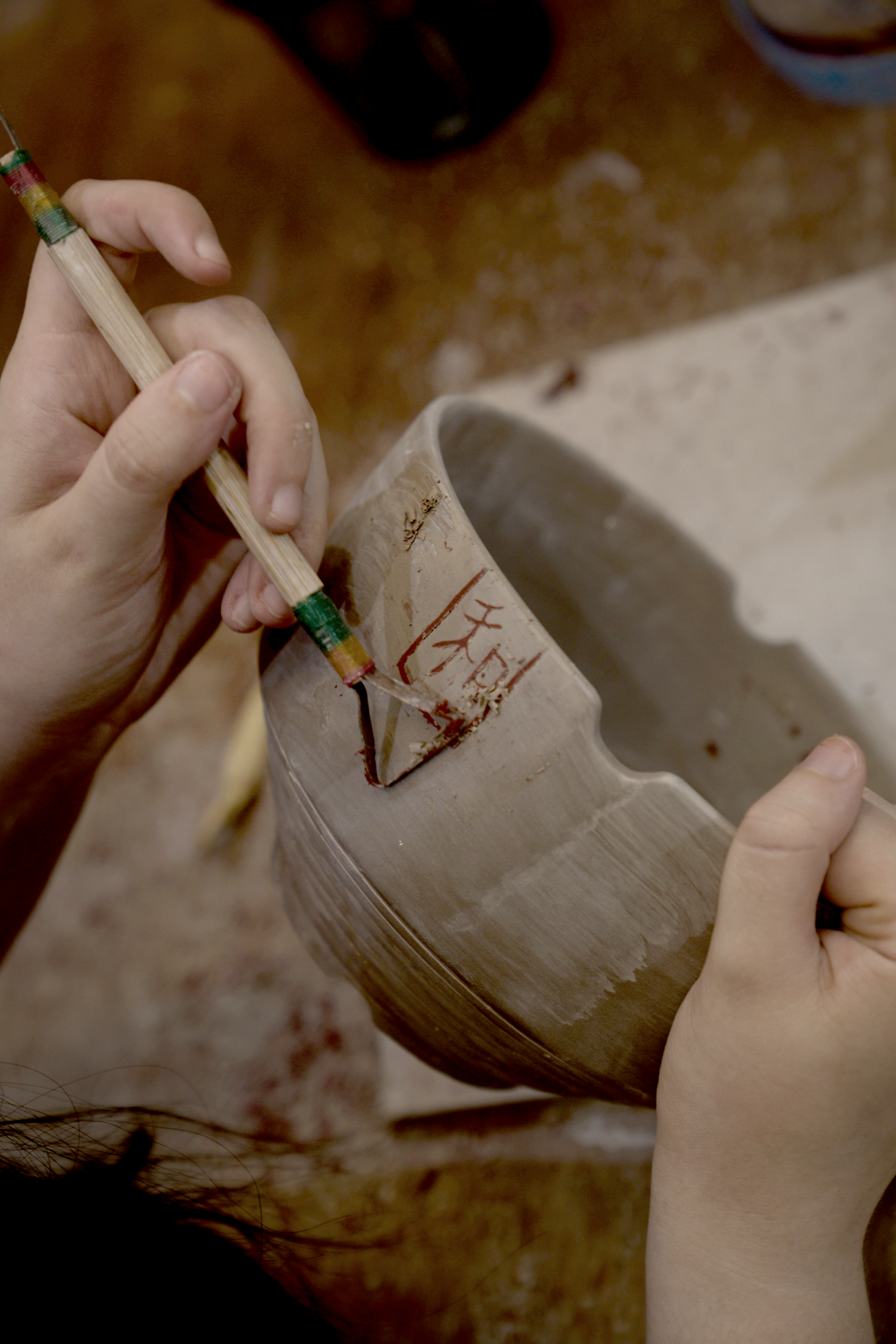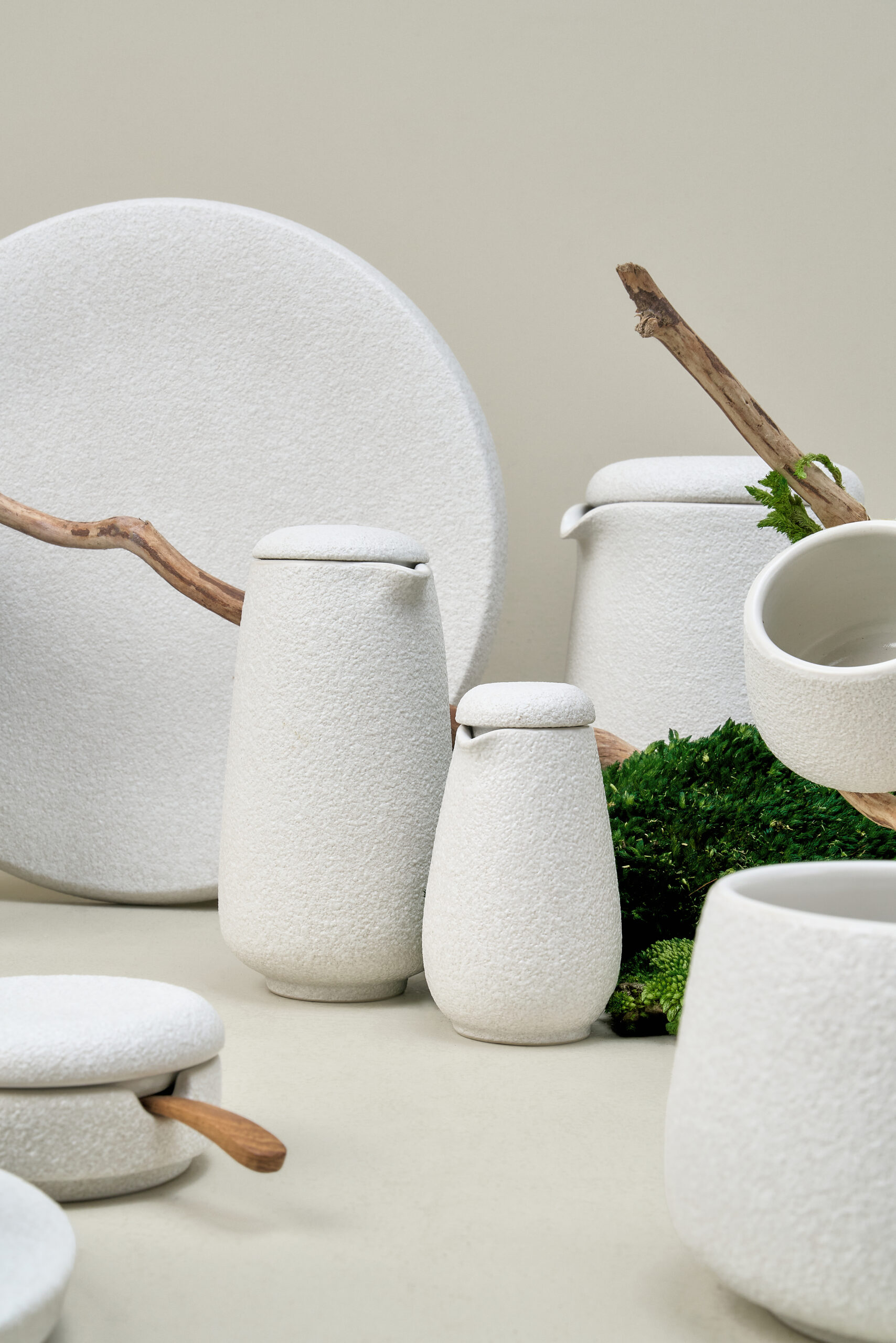In Bali, organic waste makes up nearly 60% of the island’s total waste stream. With limited landfill capacity and growing environmental concerns, we believe every business, especially those rooted in craft and community has a role to play in reducing its waste footprint.

At Kevala, our production facility employs over 200 people, and with that comes a shared responsibility to manage the organic waste we generate daily. We began by rethinking our waste management practices, but more importantly, we encouraged open conversations among our team. Environmental awareness, after all, starts with education and participation.
One of these conversations sparked a meaningful idea: to install a Teba Modern system, an innovative method for processing organic waste directly on-site. The system essentially a reinforced, two-meter-deep pit uses natural decomposition to transform waste into rich, usable fertilizer.
Inspired by community-led initiatives, Bli Balik the pioneer of Teba Modern from Cemenggoan, and Plastic Exchange, a Bali-based organization known for empowering villages through waste transformation, we used their design and implemented a Teba Modern system tailored to our facility’s layout.



Beyond installation, the system has become part of our ongoing sustainability education program. Our team learns how to maintain the pit, understand the composting process, and eventually harvest organic fertilizer a full cycle that reinforces our commitment to mindful resource use.
The Teba Modern system is a powerful reminder that sustainability doesn’t always require complex technology. Sometimes, it’s about collective intention, simple innovation, and the willingness to start small.

At Kevala, we believe that conscious craftsmanship extends beyond the ceramics we create it shapes how we work, learn, and care for our environment.
If you’re interested in learning more about the Teba Modern system or its installation, reach out to Plastic Exchange and be part of Bali’s growing movement toward a cleaner, circular future.





